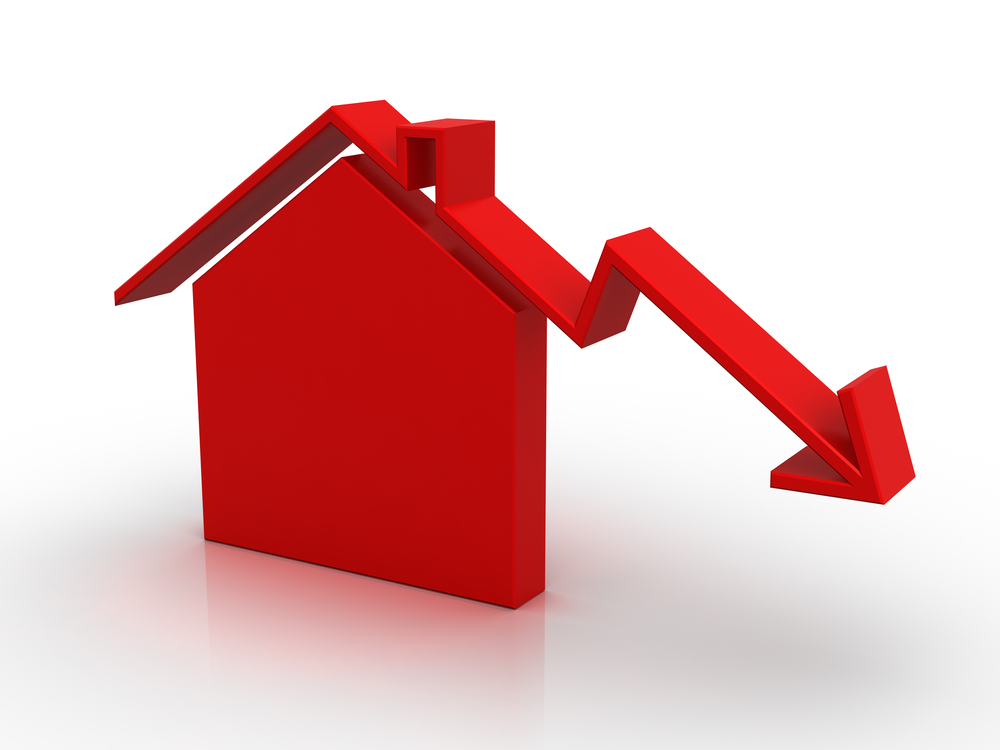First-time Buyer
First-time buyers taking high LTV mortgages fear negative equity

First-time buyers relying on high loan to value mortgages fear negative equity when they come to move as both asking and house prices continue to break records month after month.
A survey by mortgage broker First Mortgage of more than 1,000 first-time buyers revealed 61 per cent are worried that their house will be worth less than they paid for it when the come to move home or remortgage in the future.
The concerns come as Halifax reported that the average house price increased to £261,000 after an annual rise of 9.5 per cent adding an extra £22,000 to the price tag of an average UK home.
With demand outstripping the supply of homes coming to the market, and some buyers armed with more savings that usual because of lockdown restrictions, bidding wars are breaking out and property prices are rising sharply.
Mortgage experts are concerned that first-time buyers are unaware of the risks of paying a high price for a property. First Mortgage’s survey results showed that 41 per cent did not know what negative equity meant and 21 per cent of first-time buyers thought it referred to property wear and tear.
Negative equity occurs when the outstanding balance on the mortgage exceeds what the property is valued for.
Some buyers had considered how they act should they end up in negative equity in the future.
More than 50 per cent said they would check with their mortgage lender if they could make overpayments to bring the value of their mortgage debt down.
Compliance director David McGrail of First Mortgage said: “Many first-time buyers would have been relying on high loan to value mortgages to secure their first property and just a small drop in house prices could leave them at risk of negative equity. Whilst being in negative equity does not cause immediate issues, it does mean that homeowners will have difficulty remortgaging in the future, meaning they may lose access to the very best rates on the market.”
McGrail said to avoid getting into negative equity buyers should do their research first to establish if the property represents value for money.
“Paying over the odds is the most likely cause of finding yourself in a negative equity situation,” he added. “If you find yourself in negative equity it is important to speak to a broker to understand your best way out of the situation which ordinarily would be a plan to overpay your mortgage on a monthly basis to bring the outstanding mortgage balance beneath the value.”